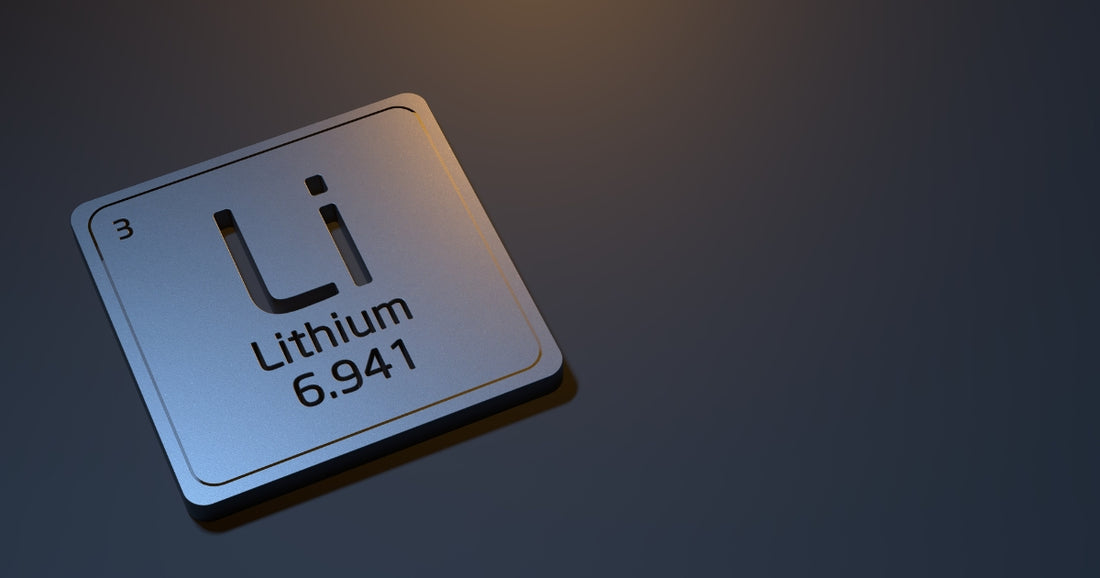Electric vehicle (EV) batteries are about to embark on a second life, finding new utility in household energy storage—a concept known as Cascade Applications of Lithium Batteries. Consumers will soon have the choice between cost-effective used batteries that have outlived their usability in EVs or opt for the more expensive new ones.
A growing number of homeowners are purchasing home batteries for energy storage, allowing them to store power generated from their solar panels for use during nighttime or peak utility rate periods. This strategy also provides a more convenient way to charge an electric car, should they own one.

Prominent electric car manufacturers like BMW and Nissan have already initiated ventures that repurpose used EV batteries as residential energy storage units.
BMW, in particular, is producing a range of home batteries that could emerge as credible contenders to Tesla's Powerwall, should the project unfold as planned. The company is keen on differentiating itself by reducing installation costs.

BMW's strategy entails repurposing batteries from its BMW i3 model for home energy storage. The reuse of batteries implies that BMW can avoid constructing an air-conditioning unit for its system, thereby cutting down installation costs.
While the timeline for the market launch of BMW's home batteries remains unconfirmed, the firm plans to initiate a pilot program to test their viability in the near future, likely beginning in California, according to Healy. BMW has teamed up with Solar City with plans to sell its batteries via the service, rather than the direct-to-consumer model.
Fietzek argues, "It doesn't make sense to scrap the battery at the end of the car's useful life because it's still good for services like powering your home." Although a car battery may be considered overdesigned for home storage systems, it could very well be suited for this purpose.

